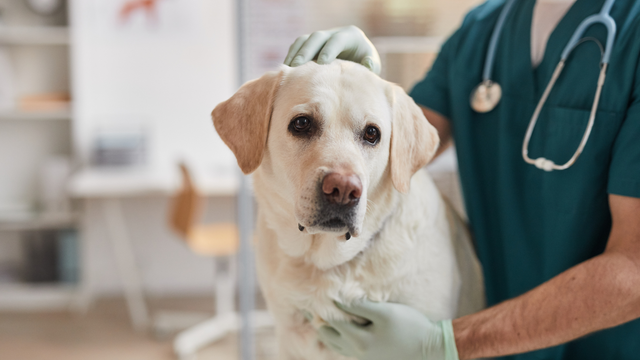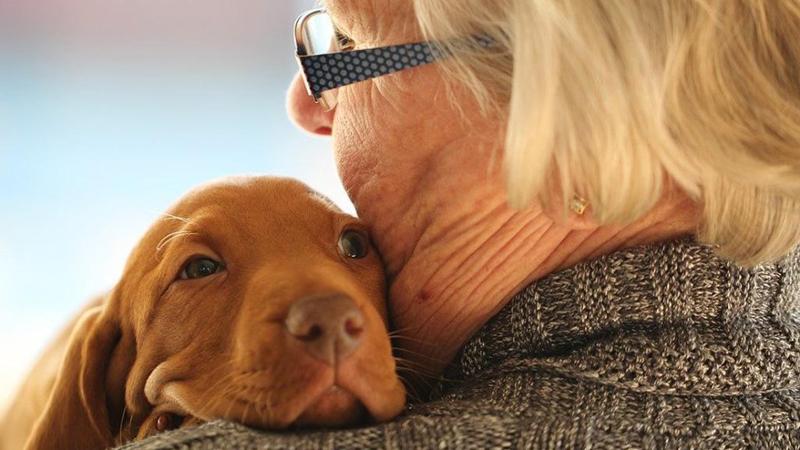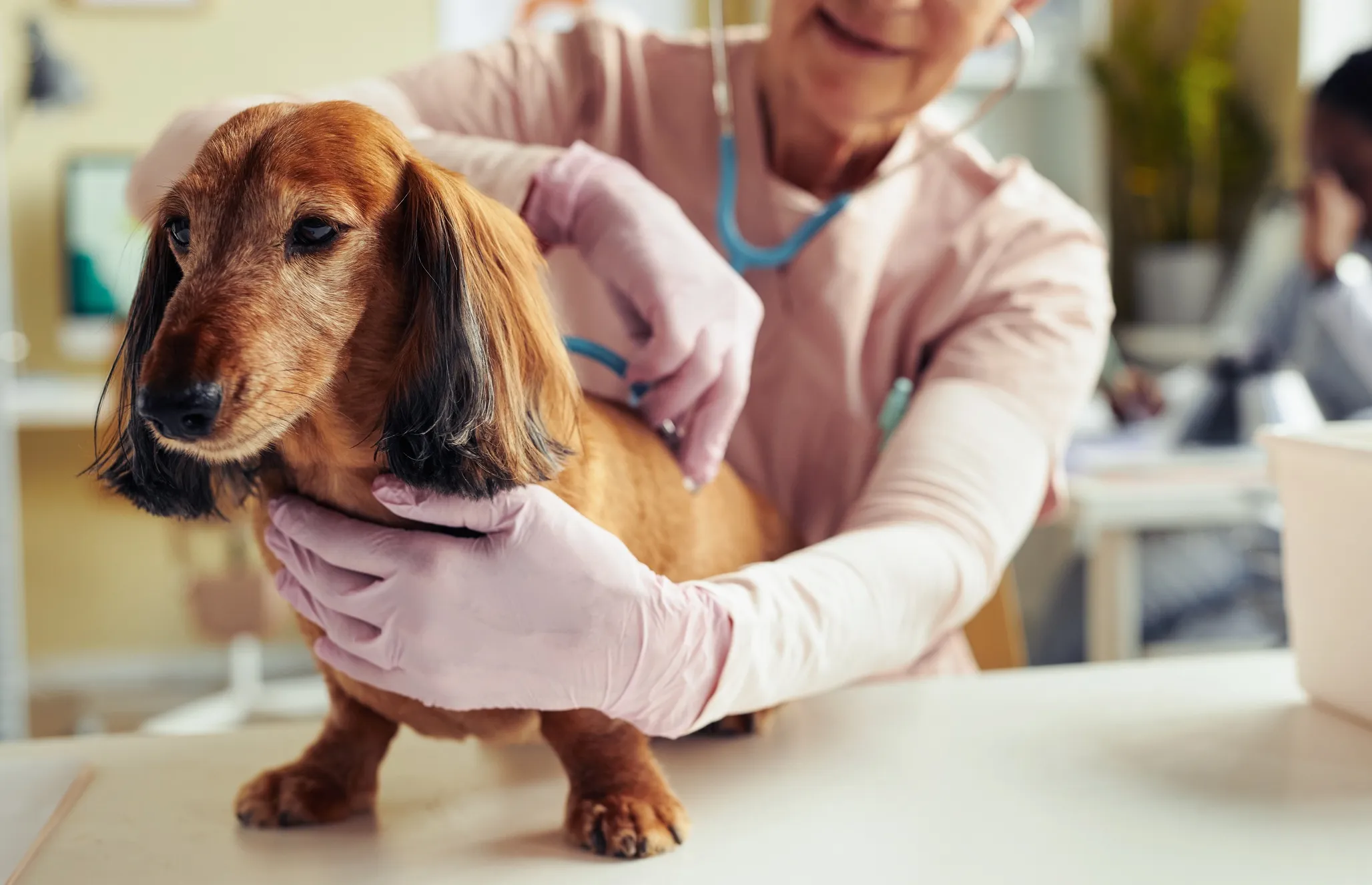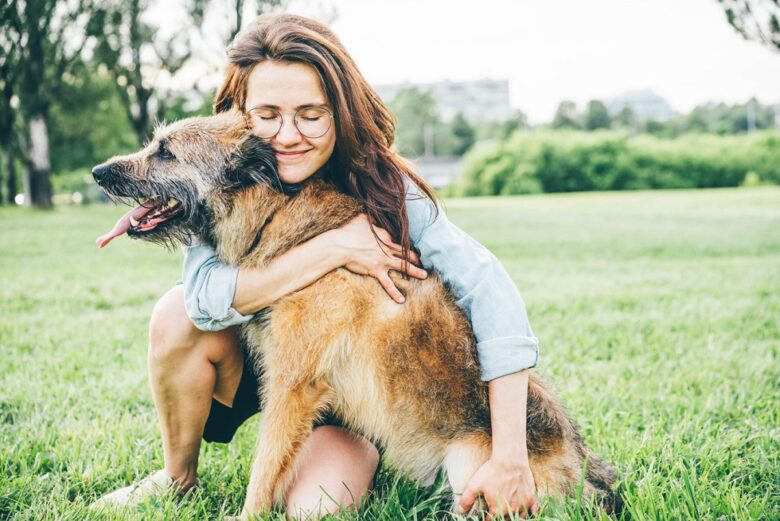As our dogs grow older, it’s easy to get caught up in the daily routines—playtime, walks, cuddles, and all the joyful things we share together. But as they age, their health needs change. Dogs, just like people, experience new challenges in their later years. Knowing what to look out for can make all the difference in ensuring they live comfortably and happily.
If you’ve got an aging dog at home, or you’re preparing for the day when your furry friend begins to slow down, this guide will help you spot common health issues in older dogs. And if you’re like me, you probably want to do everything possible to keep your pet feeling their best—so let’s jump in and explore how to give your aging dog the care they deserve.
Common Health Concerns in Senior Dogs

As your dog enters their senior years (usually around 7 years old for many breeds), you’ll likely notice some changes. While not every older dog will face the same problems, some conditions are more common among aging pets.
Here are a few of the most frequent issues that may arise:
1. Arthritis and Joint Pain
As a dog’s body ages, it can become less flexible and more prone to stiffness. Arthritis is incredibly common in senior dogs, especially larger breeds. You might notice your dog limping, having trouble climbing stairs, or avoiding walks altogether.
Signs to watch for:
- Slower movements
- Stiffness after resting
- Reluctance to jump or climb
- Whining when getting up or down
If you spot these signs, it’s worth discussing pain management options with your vet. From joint supplements to anti-inflammatory medications, there are plenty of treatments to ease their discomfort.
2. Dental Problems
Dental health is often overlooked in dogs, but it becomes even more crucial as they get older. Dogs are just like us in that their teeth can wear down, develop cavities, or even cause infections. Without regular checkups, dental issues can lead to pain, bad breath, and other serious complications.
What to look for:
- Drooling more than usual
- Difficulty chewing
- Foul-smelling breath
- Red or inflamed gums
Regular teeth brushing, dental chews, and professional cleanings can help. Don’t let dental health slip through the cracks—it’s an easy way to improve your dog’s quality of life.
3. Weight Gain or Loss

As dogs get older, their metabolism tends to slow down, which can lead to weight gain. If your dog is putting on pounds, it could put extra strain on their joints, especially if they already have arthritis. On the flip side, some older dogs may lose weight due to underlying health issues like dental problems, digestive issues, or even cancer.
Watch out for changes in your dog’s weight:
- Unexpected weight gain
- Sudden weight loss
- Change in appetite (eating more or less)
Feeding your senior dog a balanced, age-appropriate diet can help maintain their health. And if you’re concerned about weight loss or gain, it’s always a good idea to get your vet involved early.
4. Vision and Hearing Decline
As dogs age, their vision and hearing often deteriorate. Cataracts, glaucoma, and even blindness can become more common. Likewise, dogs may experience hearing loss or even complete deafness.
Signs to watch for:
- Bumping into objects
- Not responding to sounds (like the doorbell or your voice)
- Cloudy eyes or a noticeable change in eye appearance
If you notice signs of vision or hearing loss, talk to your vet. While complete restoration of sight or hearing isn’t always possible, there are steps you can take to ensure your dog remains safe and comfortable.
5. Cognitive Dysfunction Syndrome (CDS)

Just like humans, dogs can experience cognitive decline as they age. Cognitive Dysfunction Syndrome, or CDS, is a condition that affects a dog’s memory, learning, and awareness. It’s similar to dementia in people, and it can be difficult to watch your pet struggle with this.
Signs of CDS:
- Disorientation (wandering or staring at walls)
- Sleep disturbances (restless nights or confusion)
- Loss of housetraining (accidents indoors)
- Increased anxiety or agitation
If you suspect your dog might be developing CDS, talk to your vet. While there’s no cure, there are treatments and lifestyle changes that can help slow the progression and keep your dog’s mind sharp.
6. Kidney and Liver Disease
Older dogs are more susceptible to kidney and liver problems, which can often be subtle at first. Symptoms may range from increased thirst to lethargy or changes in their bathroom habits. Kidney and liver disease are serious conditions, so it’s important to catch them early.
Look for these signs:
- Excessive drinking or urination
- Loss of appetite
- Vomiting or diarrhea
- Weight loss or lethargy
Routine blood work at your vet’s office can help catch these problems early, and there are treatments available to manage these conditions.
Supporting Your Aging Dog

While health problems are bound to arise as your dog ages, there’s plenty you can do to help your pet stay comfortable and happy during their senior years. Here are a few steps to consider:
Regular Vet Checkups
Annual or semi-annual vet visits become even more important as your dog ages. During these visits, your vet can check for early signs of age-related diseases, perform blood tests, and recommend any treatments or changes in diet. Catching problems early is always better than waiting until they become more serious.
Adjust Their Diet
As dogs age, their nutritional needs change. You may need to adjust their food to accommodate for a slower metabolism or any health concerns like arthritis or kidney disease. There are specialized senior dog foods designed to support aging pets’ specific needs, like high-quality protein and lower fat content.
You might also want to consider a high-quality multivitamin to help fill in any gaps in their diet. One of the best options available is the best multivitamin for dogs, which can provide your dog with essential nutrients to support their overall health.
Exercise and Mental Stimulation
While your dog might not have the energy they once did, keeping them active is key to maintaining their health. Short, gentle walks are great for exercise without overdoing it. Mental stimulation is also important—try puzzle toys or even basic training sessions to keep their mind sharp.
Comfort and Care
Senior dogs often appreciate a little extra pampering. Orthopedic beds, ramps for easy access to furniture, and heated blankets can all help keep your dog comfortable. And of course, don’t forget the love—older dogs tend to crave affection and attention as they enter their golden years.
Conclusion: Enjoying the Golden Years Together

Aging dogs bring so much joy to our lives, and we can return that love by being vigilant about their health as they age. From joint pain to cognitive dysfunction, senior dogs can face a range of challenges, but with proper care, many of these issues can be managed. Regular vet checkups, a balanced diet, appropriate exercise, and a lot of love can make your dog’s golden years the best they’ve ever had.

